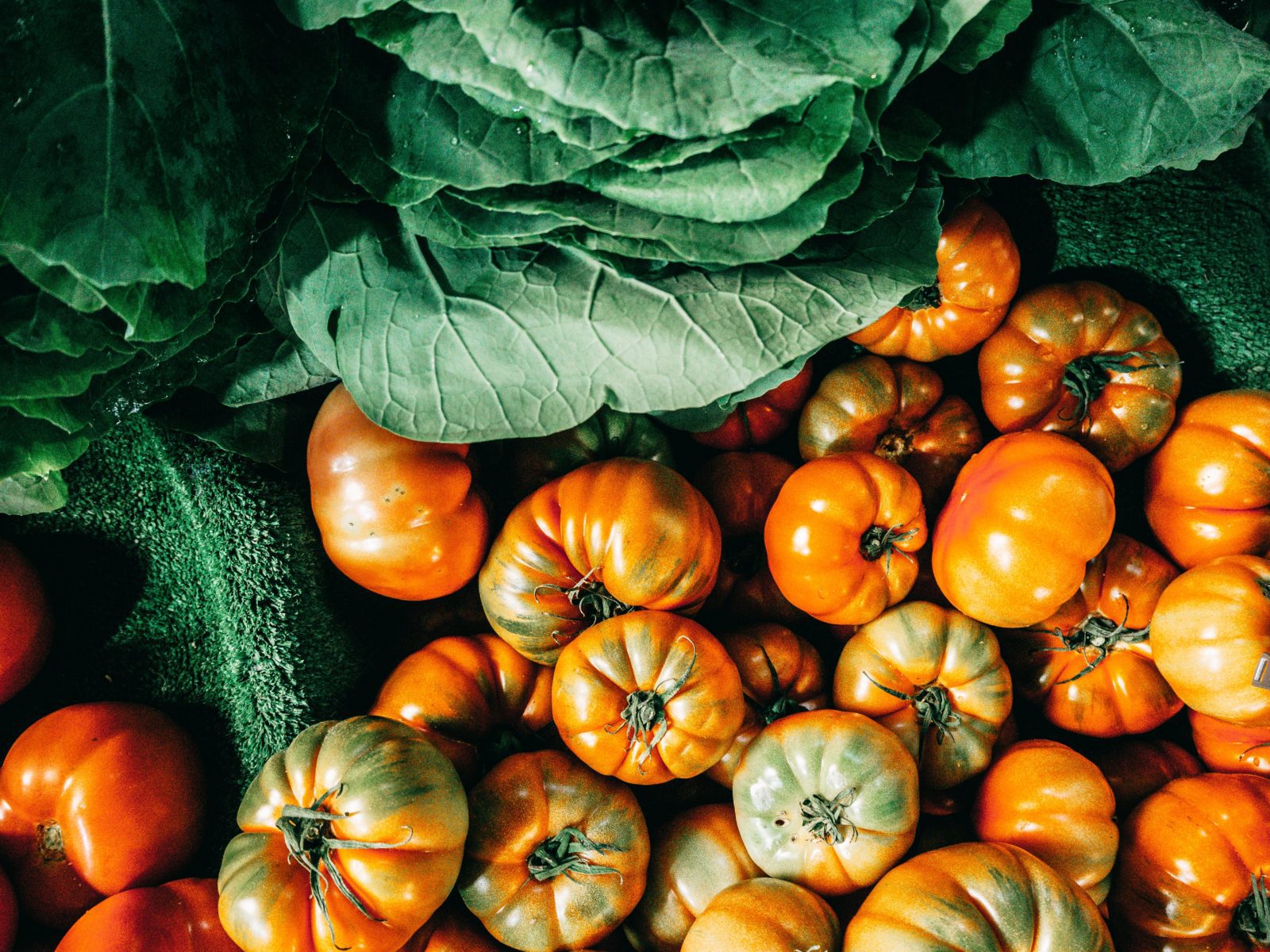Despite the decrease in gas prices, energy costs, and fuel prices, food prices are decreasing almost imperceptibly. Martin Gürtler, an economist and member of the analytical team at Komerční banka, stated that this shift is reflected in food prices very slowly, leaving many puzzled about the current situation. While reducing food prices began during the first quarter, the impacts were negligible. Even in April, when a slight decrease in food prices was observed, it was a minimal reduction, and it remains uncertain if there will be a significant drop in food prices shortly.
The cost of food is influenced by inflation and developments in international gas and energy markets. However, significant declines in these areas have already occurred. Energy prices in the markets have fallen to pre-war levels, and domestic suppliers are starting to adjust their prices for end consumers, who were previously subject to government price ceilings. Despite these changes, the adjustment in food prices has been slow and somewhat mysterious.
Inflation, closely monitored by experts and the general public, is closely related to food prices. According to Gürtler, inflation has already peaked year-on-year and is expected to continue declining. The average inflation rate for the whole year is projected to be 11.8 percent, with an assumption that it will further decrease to around ten percent in the coming months. However, Gürtler warns that the decline in inflation might temporarily halt in the second half of the year, with a significant decrease anticipated after the new year.
While prices in strategic areas such as gas and energy are expected to decrease significantly, reducing food prices will likely slow and gradual. Gürtler suggests that inflation will gradually decrease and remain below three percent from the second quarter of next year. Overall, the outlook for cheaper food prices in the near term appears uncertain, and consumers may have to wait longer before noticing any substantial decrease.





